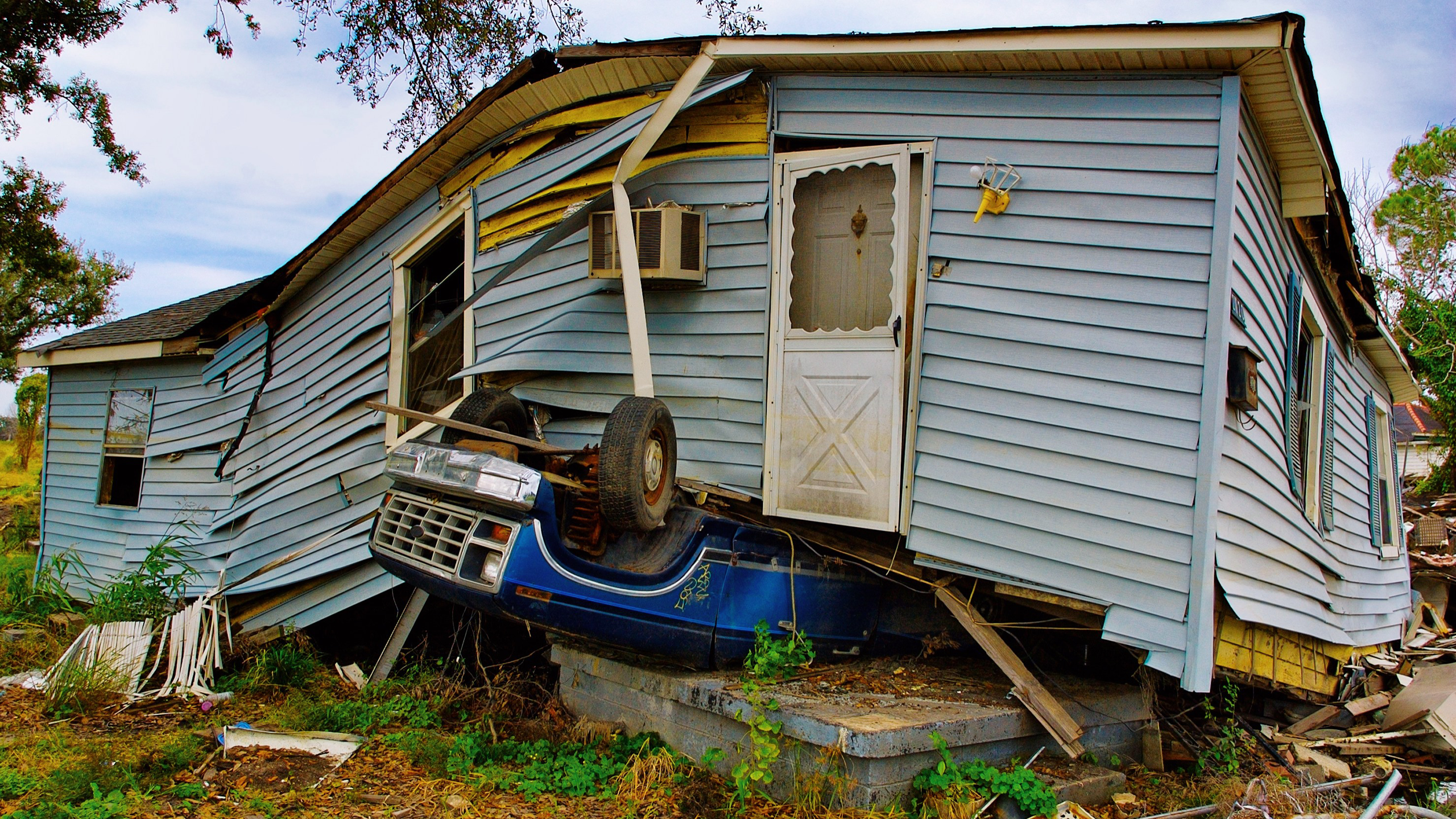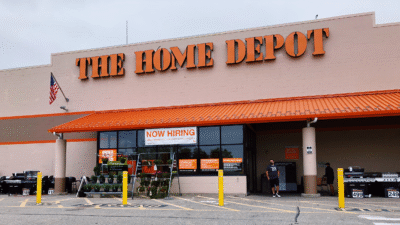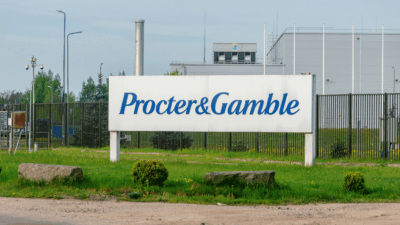Climate Change Insurance Startup Arbol Raises $60 Million
The new fundraising comes just a month after Arbol spun up a subsidiary catering to homeowners in US coastal communities

Sign up for smart news, insights, and analysis on the biggest financial stories of the day.
They say “Make hay while the sun shines” — but it could be more accurate to say “Make hay while the sun’s rays blaze increasingly hotter.”
Arbol, a six-year-old climate risk insurance startup, has raised $60 million in Series B funding, Bloomberg reported Tuesday. While the insurance industry struggles to adapt fast to more climate change-related incidents (read: payouts), Arbol hopes to capitalize on that sluggishness and offer coverage in an increasingly uninsurable world.
I’m Not Happy, Bob
Climate change has cooked up a perfect storm for insurers. US home insurance is reaching record highs, and the risks of climate change-related damage in some regions are so high that the only insurers available to homeowners are state-backed “insurers of last resort.” The US isn’t the only one hurting, of course. Last week, the EU’s insurance regulator issued a Cassandra-esque warning to the Financial Times, saying insurers and states need to adapt quickly or face an extinction-level event. Notably, she cautioned against simply expanding areas excluded from coverage: “If you do that, you will, in the end, lose trust and lose your reason to be there.”
Enter Arbol. In 2020, the startup unveiled a system for determining payouts called “parametric insurance.” Rather than calculating losses, parametric insurance simply sets a benchmark that, if reached, triggers a payout. Benchmarks include things like wind speeds or specific amounts of rainfall, according to Arbol. But while Arbol has mostly targeted corporate clients like agriculture businesses, energy firms, and reinsurers, it now seems poised to move in where traditional insurers have fled:
- The new fundraising comes just a month after Arbol spun up a subsidiary catering to homeowners in US coastal communities — the exact communities experiencing a severe home insurance drought.
- The startup’s CEO, Siddhartha Jha, told Bloomberg the company is already profitable (although there’s no way to independently scrutinize the private company), and moving into home insurance offers a new revenue stream. “The world is starting to wake up to climate coverage gaps,” Jha said.
Why AI of Course: Parametric insurance isn’t a newfangled idea, according to Forbes. It’s been around for about 200 years but was never particularly popular — partly because it involves the delicate calculation of setting a predetermined payout amount completely independent of what actually happens in the future. Per Forbes’ reporting, the real catalyst in making parametric insurance more attractive is the availability of AI software to do all the mathematical heavy lifting.











